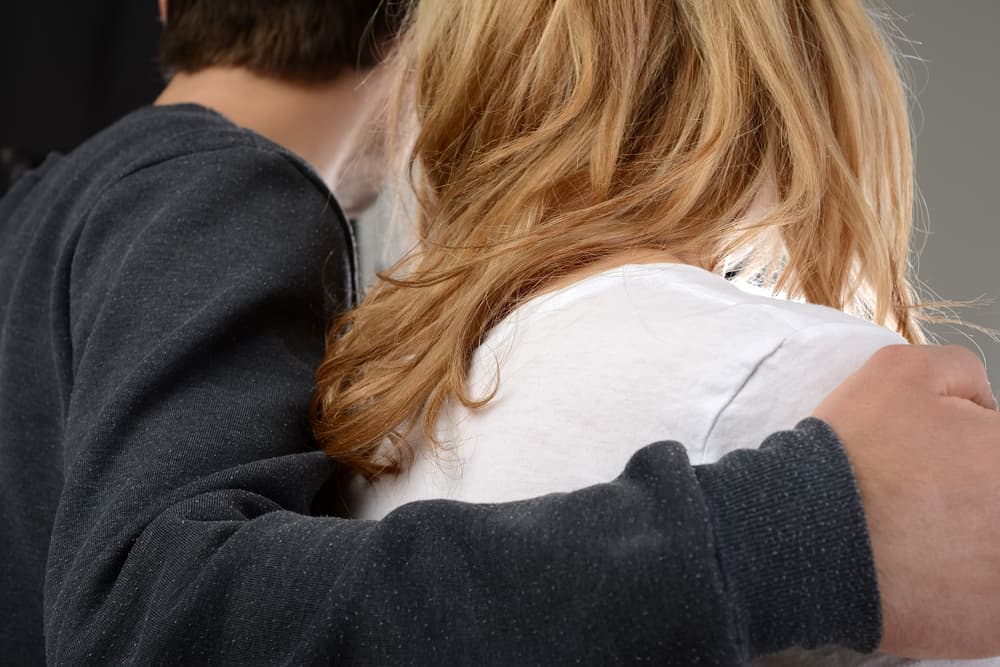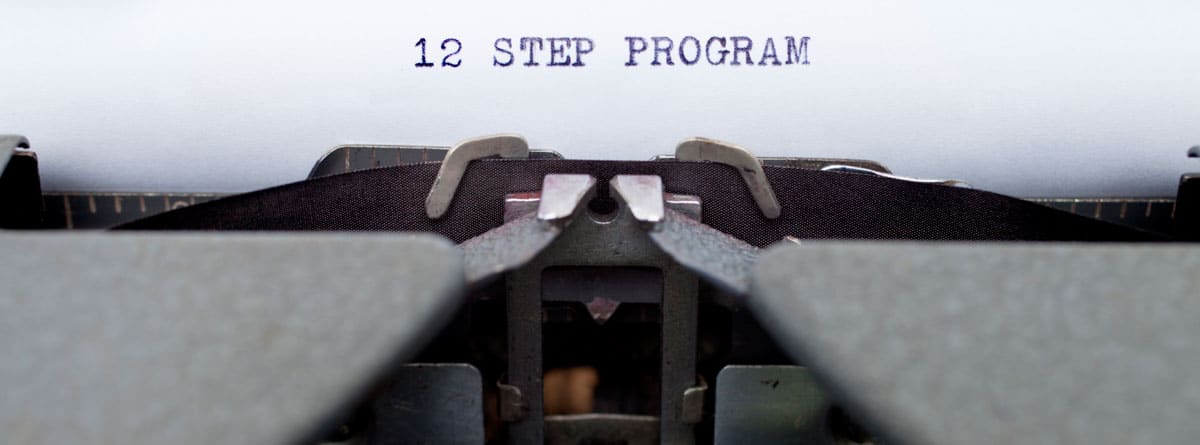Addiction is often called a “family disease” for good reason. This is because it impacts the person struggling with a substance use disorder as well as his or her friends and family. Just as you were unsure of what to expect or how to act during addiction treatment, your loved ones are also unsure of what to do (or not do) or say (or not say) to show their support through the ups and downs of recovery.
In other words, in order for your loved ones to best help you, you may need to offer some guidance. Learning to communicate your feelings and needs is a great first step. And you’ll likely work on this during addiction treatment. You may also consider tapping your recovery peers and addiction counselors to find out what has or hasn’t worked in their experience. In the meantime, try giving one of these ideas from The Substance Abuse and Mental Health Services Administration (SAMHSA) a whirl:
Think about what you need your loved ones to do and say to help your recovery. Some examples:
- Should they hold you or give you space?
- Are you looking for an exercise buddy or someone to relax with and listen to music?
- Would reassurance that recovery is the right path help or just an ear to hear you out without advice, criticism or judgment?
- Could they cook up a healthful meal or take you for tea or coffee?
Think about what would possibly jeopardize your sobriety or path toward lasting recovery. Some examples:
- Drinking or doing drugs in front of you.
- Judging, criticizing or scolding you.
- Talking “at” you or “down” to you.
- Enabling you and/or trying to do your recovery work for you.
Help for the Family
Guardian IOP can help you and your loved ones win the battle against addiction. We work to rebuild the bonds weakened by addiction and provide family members with the skills and knowledge to understand and support their loved one’s recovery. To learn more about how our program can help your family, call today: 855-517-1871.

Reviewed for accuracy by:
Anna Marie Barrett LCSW, CYT
Anna earned her Masters of Social Work at Barry University in Miami, FL in 2017 and completed her internship in co-occurring disorders. Anna has a Bachelors of Art in Religious Studies from Naropa University and is a certified yoga and meditation instructor. Anna has received specialized training in somatic counseling with an emphasis on body-centered psychotherapy.




















